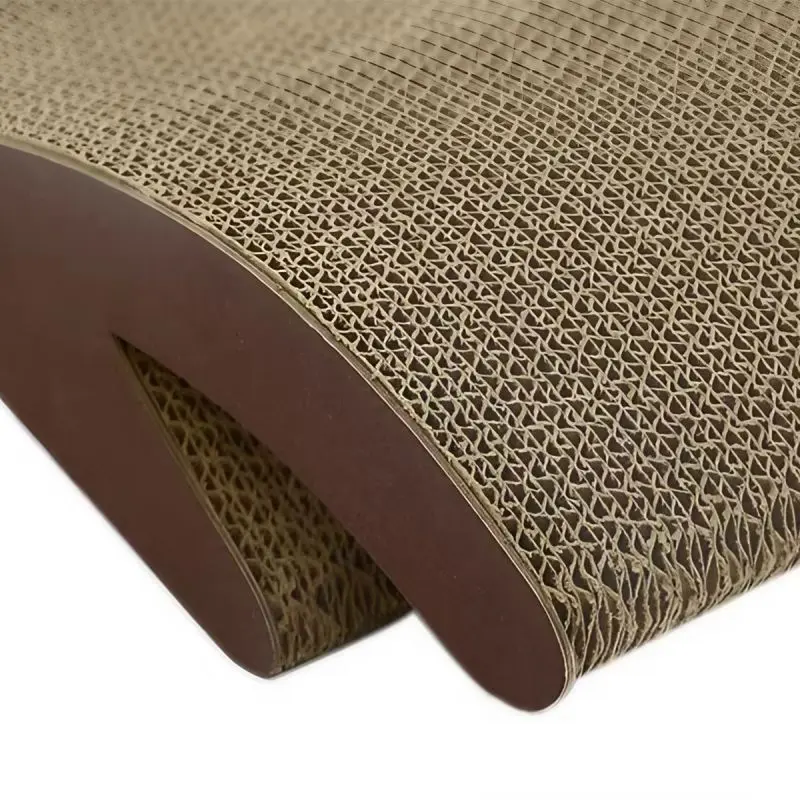A cat peeing on your bed can be frustrating and confusing. Not only can it disrupt your restful sleep and ruin your bedding, but it can also indicate an underlying problem that needs to be addressed. In this blog post, we’ll discuss common reasons your furry friend might be exhibiting this behavior and offer solutions to help fix the problem.
Reasons why cats pee on the bed:
1. Medical problems:
Urinary tract infections, bladder stones, or kidney problems can cause cats to urinate outside the litter box, including in your bed. If your cat’s behavior changes suddenly, any medical problems must be ruled out. Schedule a visit to your veterinarian for necessary tests and examinations.
2. Stress and anxiety:
Cats are sensitive animals and any change or disruption in the environment can trigger stress and anxiety. Moving to a new home, welcoming a new pet or family member, or even rearranging furniture can cause anxiety in cats. Their natural response to stress can mark territory by urinating on your bed, which carries your scent and provides comfort.
3. Area marking:
Cats are territorial animals and they mark their territory by spraying or urinating on objects. They may feel threatened or unsafe, especially if they encounter a stray cat outside or an unfamiliar smell at home. By peeing on your bed, they’re claiming it as their territory and enhancing their sense of security.
4. Trash can problem:
In some cases, cats may refuse to use the litter box due to specific problems. It could be that the litter box is dirty or smelly, the texture of the litter is uncomfortable, or you don’t like the position of the litter box. Cats are notoriously clean creatures, and if the litter box doesn’t meet their standards, they may choose to urinate on your bed instead.
Solve the problem:
1. Veterinary examination:
The first step is to make sure that your cat’s inappropriate urination is not caused by a medical condition. Consult your veterinarian to rule out any underlying medical problems and receive appropriate treatment if necessary. Treating medical problems can resolve behavioral problems.
2. Thorough cleaning:
Immediately clean any urine-soaked areas of the bed to remove the odor and prevent re-marking. Use an enzyme-based cleaner specially designed for pet urine to effectively eliminate odors. Avoid using ammonia-based cleaners as they may cause further marks.
3. Provide adequate litter boxes:
Make sure you have enough litter boxes in your home, especially if you have multiple cats. Every cat should have access to a litter box that is clean and easy to use. Experiment with different litter types and tray positions to find what works best for your cat.
4. Reduces stress and anxiety:
Create a calm, stress-free environment for your cat. Provide plenty of hiding places, perches, and grab posts to make them feel safe. Consider using a pheromone diffuser like Feliway to create a soothing vibe. Establish consistent daily routines and avoid sudden changes that might upset your cat.
Understanding the reasons behind your cat’s behavior is critical to effectively addressing the problem. By identifying any medical issues, reducing stressors, and creating a comfortable environment, you can help prevent your cat from peeing in your bed. Patience, consistency, and love are essential to addressing this behavioral issue and strengthening the bond between you and your feline companion.
Post time: Jul-26-2023

